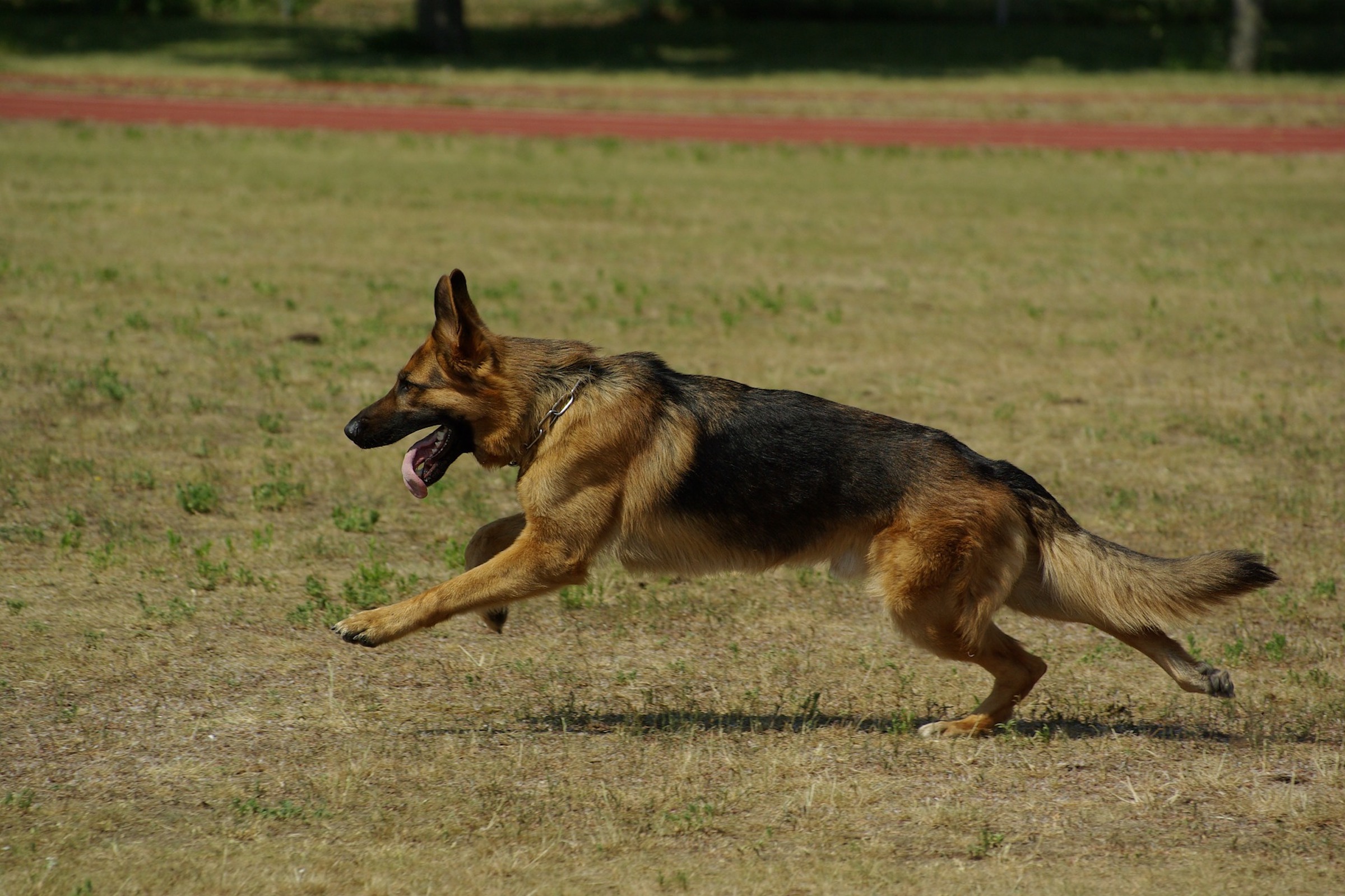How to Train Your German Shepherd: Unraveling the Complexities of Canine Obedience
Introduction
Training a German Shepherd is an engaging and rewarding experience that requires patience, consistency, and an in-depth understanding of the breed's unique characteristics. This essay critically examines the intricate world of German Shepherd obedience training, exploring the significance of socialization, positive reinforcement, and advanced training techniques. By delving into scientific research, expert insights, and real-world examples, this analysis aims to provide a comprehensive guide to unlocking the obedience potential of these remarkable canine companions.
Importance of Socialization
Early socialization plays a crucial role in shaping a German Shepherd's behavior and overall well-being. Puppies should be exposed to a wide range of experiences, including interactions with different people, animals, and environments. This exposure helps them develop confidence, reduce anxiety, and prevent aggression. Studies have demonstrated that socializing puppies leads to more well-adjusted and trainable dogs (American Kennel Club, 2023).
Positive Reinforcement: A Key to Success
Positive reinforcement is the cornerstone of effective German Shepherd training. Dogs are highly motivated by rewards, such as treats, toys, or praise. When a dog exhibits desired behaviors, these rewards should be promptly given, creating a strong association between the behavior and positive outcomes. This approach encourages cooperation and reinforces the desired actions without relying on punishment, which can damage the human-animal bond and hinder training progress (ASPCA, 2023).
Advanced Training Techniques
German Shepherds are highly intelligent dogs capable of mastering advanced training techniques. Agility training, for instance, involves navigating obstacle courses, testing the dog's physical and mental abilities. Tracking and search-and-rescue training harness their innate hunting instincts while providing mental stimulation. Obedience trials, such as the Schutzhund competition, showcase the dog's overall skills, including tracking, obedience, and protection work. These advanced techniques not only enhance the dog's capabilities but also strengthen the bond between the handler and the German Shepherd.
Trainer Expertise and Breed-Specific Considerations
Selecting a qualified trainer is paramount to successful German Shepherd training. Experienced trainers possess a deep understanding of the breed's temperament, learning style, and potential challenges. They can tailor training programs to suit the individual dog's needs and address breed-specific characteristics. German Shepherds are known for their strong protective instincts and independence, which necessitate a trainer who can effectively manage these traits while fostering a harmonious relationship.
Addressing Common Training Challenges
Even with consistent training and expert guidance, German Shepherds can exhibit certain training challenges. These could include excessive barking, digging, or aggression. Understanding the underlying causes of these behaviors is key to addressing them effectively. Barking, for instance, may indicate anxiety, boredom, or a need for attention (American Kennel Club, 2023). Digging can be a sign of pent-up energy or a desire to escape. Aggression should always be taken seriously and addressed by a qualified professional.
The Role of Patience and Consistency
Training a German Shepherd requires unwavering patience and consistency. These dogs thrive on routine and repetition. Establishing clear commands, maintaining a positive training environment, and providing regular exercise and mental stimulation are essential to achieving successful outcomes. Patience and consistency create a foundation of trust and understanding, enabling the dog to learn and obey commands effectively.
Conclusion
Training a German Shepherd is a multifaceted endeavor that demands a comprehensive understanding of the breed's unique characteristics, socialization, positive reinforcement, and advanced training techniques. By embracing these elements and seeking guidance from experienced trainers, owners can unlock the obedience potential of these remarkable dogs. The journey of training a German Shepherd not only strengthens the human-animal bond but also fosters a deep sense of fulfillment for both the handler and the canine companion. As we continue to explore the intricacies of German Shepherd obedience training, we gain a profound appreciation for the complex capabilities of these intelligent and loyal creatures.
Why Doberman Pinschers Make Great Therapy Dogs
Dachshunds And Their Remarkable Adaptability
Poodles And Their Active Lifestyles: Fun Ways To Keep Them Busy



